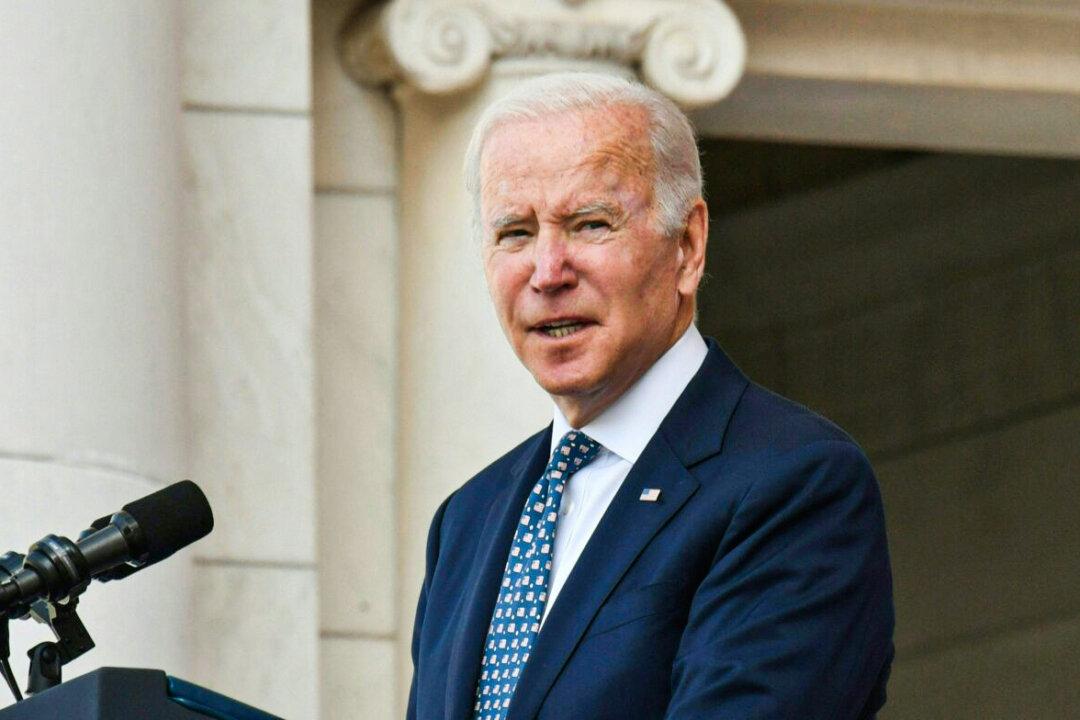President Joe Biden said on Nov. 29 that amid the worldwide spread of the Omicron COVID-19 variant, he doesn’t anticipate shutdowns or lockdowns being enacted this winter if “people are vaccinated” and wear a mask.
“On Thursday, I'll be putting forward a detailed strategy outlining how we’re going to fight COVID this winter,” Biden said during remarks at the White House. “Not with shutdowns or lockdowns, but with more widespread vaccinations, boosters, testing, and more.”





